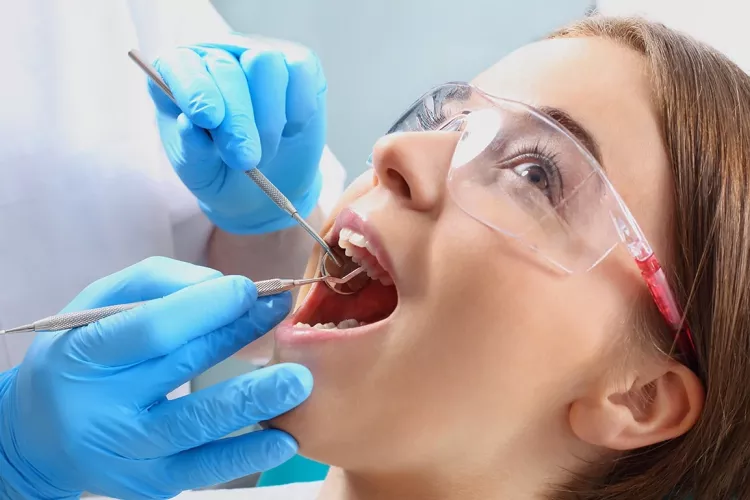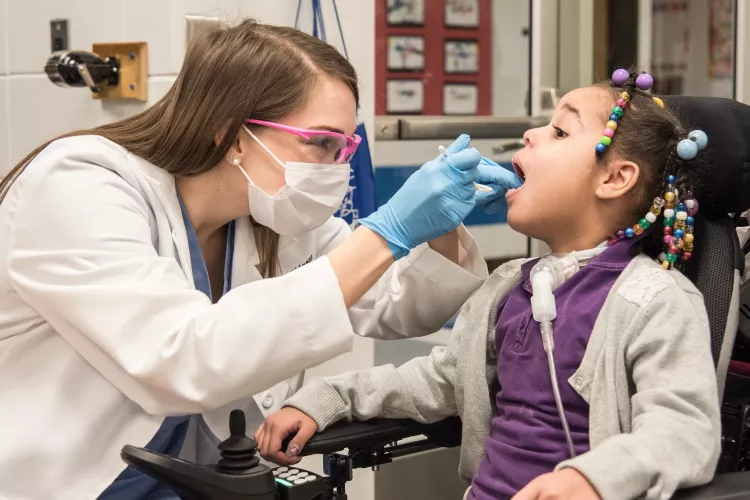How does HIV/AIDS affect the mouth?
November 18, 2025
Your mouth may be the first part of your body to be affected when infected with human immunodeficiency virus (HIV). Because infection with HIV will weaken your immune system, this means you will be susceptible to infections and other problems. In your mouth, this can cause pain and tooth loss.
People with HIV may experience the following mouth issues:
- Drymouth
- Thrush
- White lesions on the sides of the tongue (oral hairy leukoplakia)
- Red band gingivitis
- Ulcerative periodontitis
- Karposi’s Sarcoma
- Outbreaks of herpes simplex
- Canker sores
- Mouth ulcers
Dental and mouth problems related to HIV can be painful, which can cause trouble chewing or swallowing. This may prevent you from taking your HIV medication. It can also result in malnutrition, as you may have trouble eating and absorbing enough essential nutrients. A compromised digestive system may affect the absorption of your HIV drug treatment.
How can I cope with dental and mouth issues related to HIV?
Most mouth health problems related to HIV are treatable. Talk to your dentist about what treatment is best for you.
The best ways to prevent these issues are to do the following:
- Visit your dentist for regularly scheduled appointments.
- Brush and floss your teeth twice daily for two minutes.
- Take your HIV medicine on schedule.
- Tell your doctor if your HIV medicine is causing dry mouth. Ask what treatment is best for you.
- If you do not have a regular dentist, ask your medical case manager for a referral for the state of Kentucky
Did you know?
The University of Louisville School of Dentistry supports people living with HIV and AIDs through our Ryan White Oral Health Program.

Ashley King-Tinsley, DMD, is an Assistant Professor in the Department of Rehabilitative & Reconstructive Dentistry at the University of Louisville School of Dentistry. She serves as Dental Director for the School's Richard L. Miller Oral Health Clinic.
Related News



